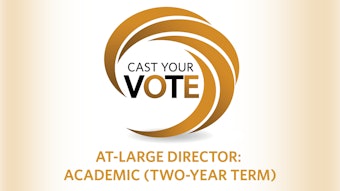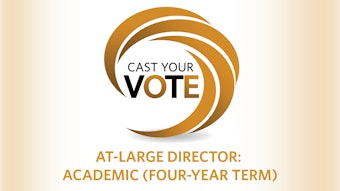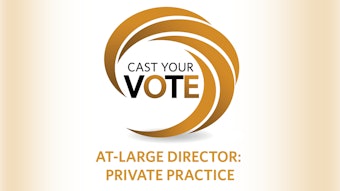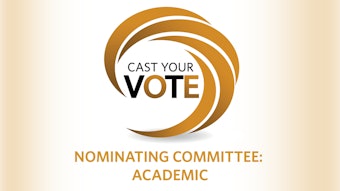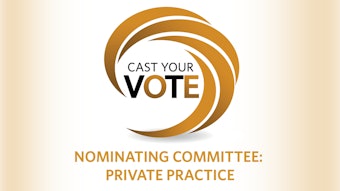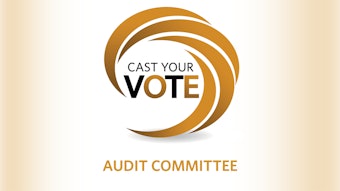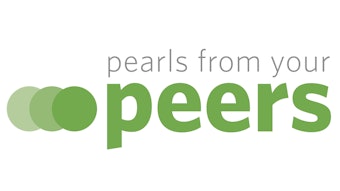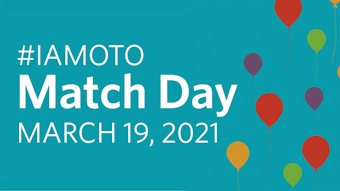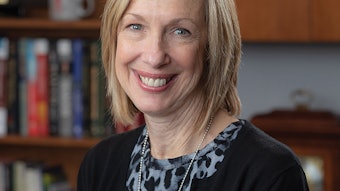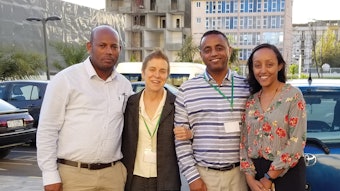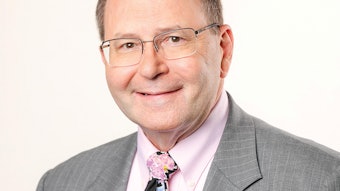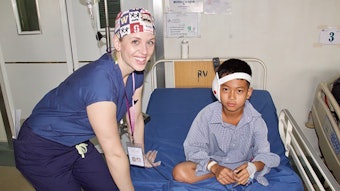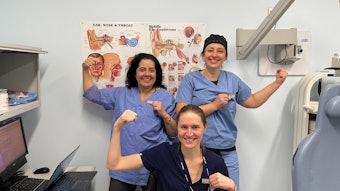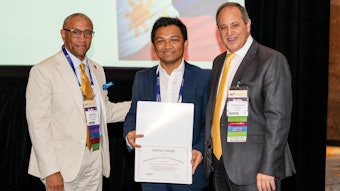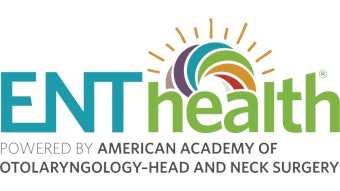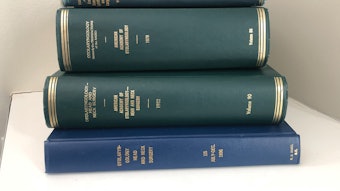Section Spotlight: Expanding Resident Education through a Pandemic and Beyond
Although the pandemic challenged us in many ways, these webinars have shown that resident education is still a priority.
Chelsea S. Hamill, MD
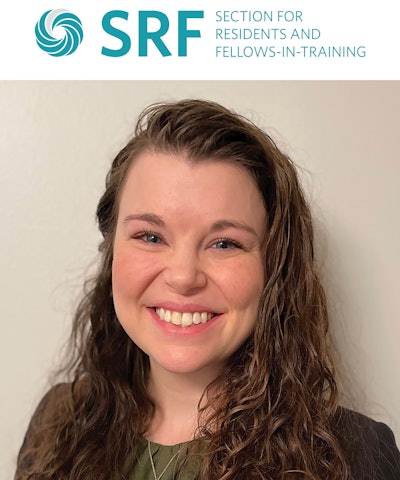 Chelsea S. Hamill, MD
Chelsea S. Hamill, MD
Although the pandemic challenged us in many ways, these webinars have shown that resident education is still a priority: from AAO-HNS bringing us new education platforms to the creation of multiple education consortiums. Researchers are investigating how residents are using these virtual learning opportunities during the pandemic and how they may incorporate these new formats into residency program curricula.
Not only have they been working hard for the current residents, they are also looking into the future. This was first introduced when discussing inclusion within otolaryngology, given that the specialty has one of the lowest percentages of women, Hispanic, and Black physicians among its members. Further discussions centered on incorporating these concepts within our resident education, normalizing these conversations within the workforce to push these agendas forward, and changing the recruitment process to increase diversity within otolaryngology.
While we are consciously changing the demographics of our future colleagues, we are also doing so in this new era without Step 1 scores. There are so many things to consider when reading an application. Thus, scientific programs are emerging to ensure that our future colleagues’ personalities are cohesive within our field and values allow them to be successful.
Although I’ve summarized many of the themes of this year’s discussions, I hope you can all see that our future colleagues are in good hands and encourage you all to listen to the webinars that are found online at https://suo-aado.org/mpage/pastwebinars2020.
